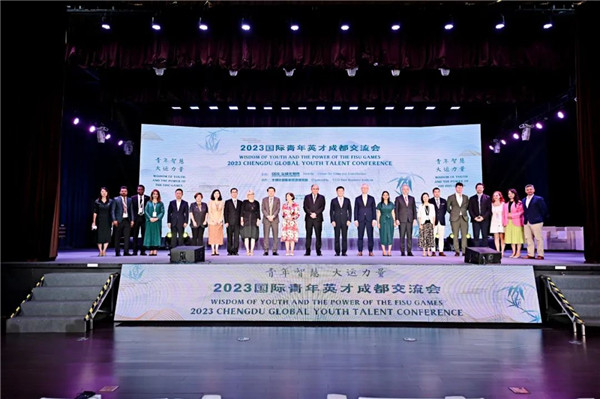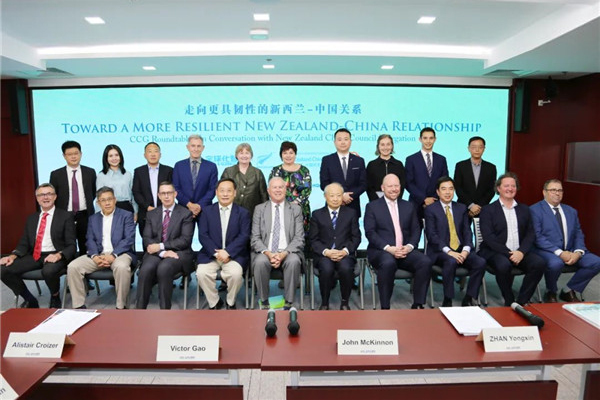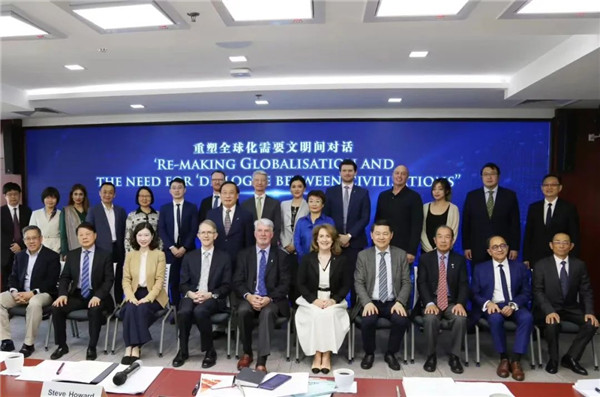Seminar on “Think Tanks and China’s Development”

The Third Plenary Session of the 18th CPC Central Committee issued an urgent call for the establishment of new think tanks with Chinese characteristics. President Xi Jinping also set forth crucial instructions regarding the creation of such organizations. This development raises a series of questions: Have China’s think tanks entered a new era? What obstacles and possibilities do they confront? And how can Chinese think tanks function better in the future? With these issues in mind, the seminar”Think Tanks and China’s Development” was organized by Center for China & Globalization (CCG) in Beijing. It is the first meeting to gather top-level think tanks and experts from home and abroad to discuss ways of establishing outstanding think tanks. The participants shared their experiences in building think tanks and reviewed how to strengthen interaction and cooperation between them. Leading experts and eminent scholars from well-known think tanks attended the conference. These included the Chinese Academy of Social Sciences, the Development Research Center of the State Council, China, Chinese Academy of Sciences, China Center for International Economic Exchange, Fung Global Institute, Carnegie Endowment for international Peace, Carnegie-Tsinghua Center, Brookings Institution, and CCG. The meeting was hosted by Dr. Wang Huiyao, the President of CCG, the vice President of Western Returned Scholars Association, and Senior Research Fellow, Harvard University.
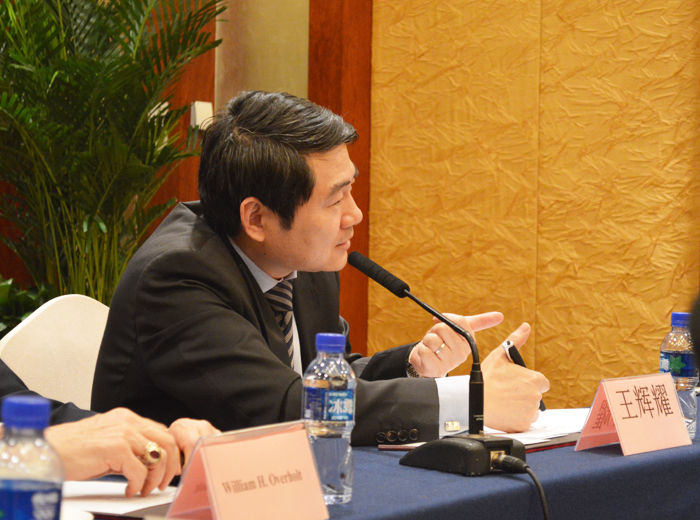
Dr. Wang Huiyao, Director of CCG
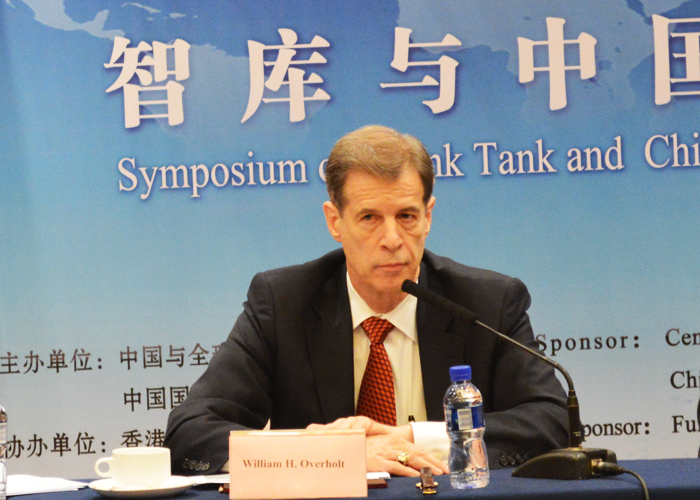
Mr. William H. Overholt, the President of Fung Global Institute, Senior Research Fellow of Harvard University, and former Director of RAND Asia Pacific Research Center
Commenting on the ranking of the Chinese Academy of Social Sciences (CASS) in the 2013 Report on Global Think Tanks by the University of Pennsylvania, Huang Ping, the Director of the CASS US Institute, reviewed his organization’s development and current status, while also taking not of the differences between Chinese and American think tanks. Huang Ping suggested that due to its huge size CASS lacks the flexibility of some foreign think tanks. According to Huang Ping, the internal management of think tanks must be upgraded, their pace of innovation quickened, while more opportunities need to be given to younger researchers working in such organizations.
Han Shi, Scholar of Carnegie-Tsinghua Center, stressed that most of his business and economic research is narrowly focused on China. He added that future work and analysis done by the center should be conducted from a global perspective, especially with regards to the entry issues faced by foreign firms in penetrating the Chinese market.

Nick Parrott, Vice Director for Communication and Exchange at the Carnegie Endowment for international Peace, discussed the successful experience of the Carnegie Endowment as well as the opportunities and challenges it has confronted during its development. Parrott said the Endowment’s main challenge has been funding, as expanding its worldwide presence has been costly and requires substantial financial support. Another major issue is integrating the services provided by its affiliates in various locations around the world. Most of Carnegie affiliates go about conducting research separately, without efficient internal resource integration.
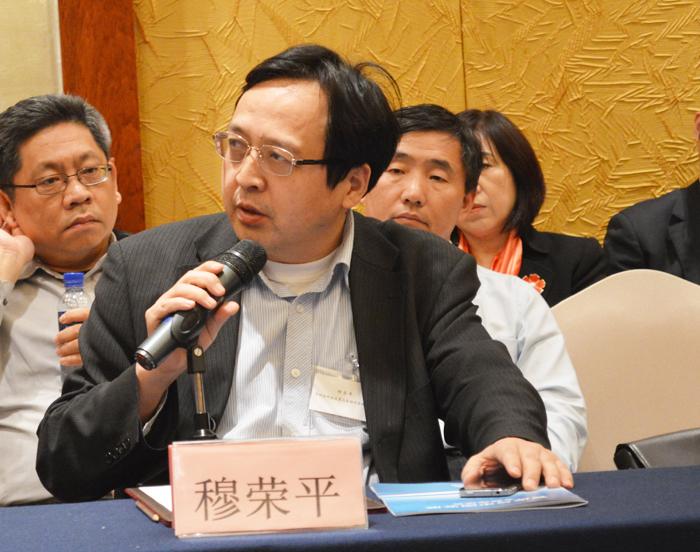
Mu Rongping, President of Institute of Policy and Management, Director of Evaluation and Research Center, Chinese Academy of Sciences, shared his insights on how to establish a good think tank. He stated that four key factors underpin such efforts. The first is recruiting highly capable researchers, the second is public promotion, especially the innovative use of social media, the third is highly efficient internal management, and the fourth is concentration on specific topics.
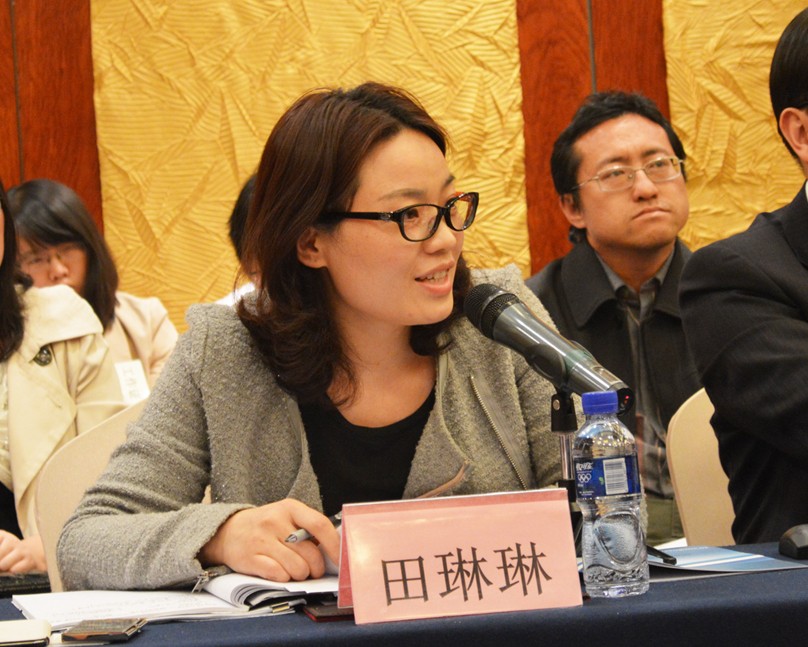
Tian Linlin, Think Tank Representative of the Development Research Center of the State Council, suggested that certain issues around Chinese think tanks urgently need to be addressed. These include the structure of such organizations, making them open, and building new ones with Chinese characteristics.
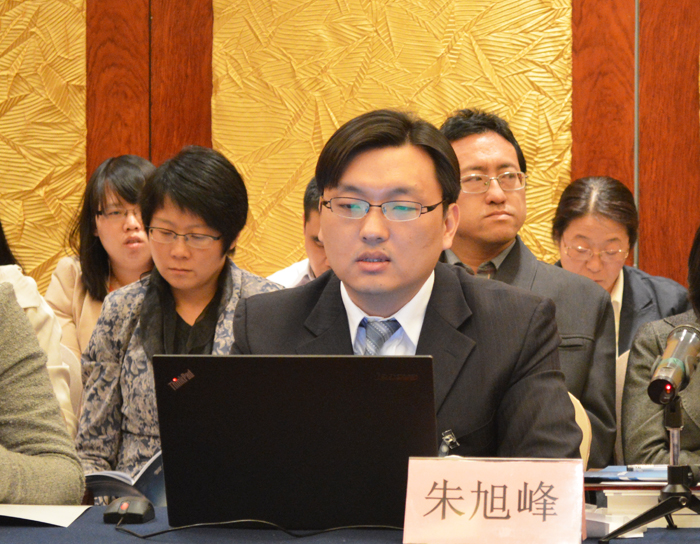
Professor and Doctoral Supervisor, Public Administration College, Tsinghua University, Zhu Xufeng, put forward his advice on how to build Chinese think tanks. He argued that the government had to establish a filter mechanism and multiple platforms to gather policies and viewpoints. Professor Zhu also noted that the benchmark evaluation and competition mechanism for think tanks requires further improvement. Lastly, an effective protective system should be set up for various financing channels.
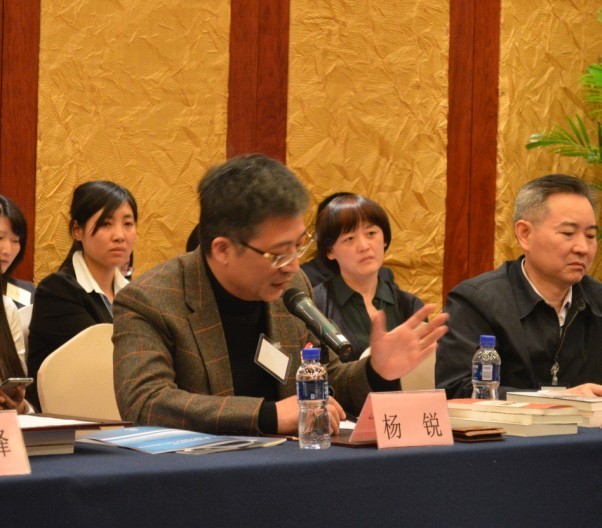
Yang Rui, a CCTV International Channel Host, offered a media perspective on think tanks in China. He also summed up 6 suggestions regarding their improvement culled from the perspectives of public opinion, the digital age context, and the like.
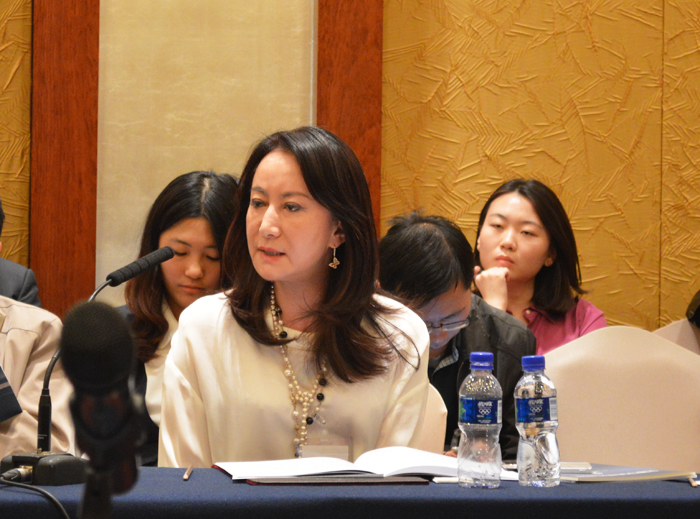
Finally, Cheng Yan, the Director and CEO of BOC International Holdings, Ltd., along with Wang Bonian, the Board Chairman of Paning Foundation, analyzed the development of Chinese think tanks from a business firm and social organizational angle.
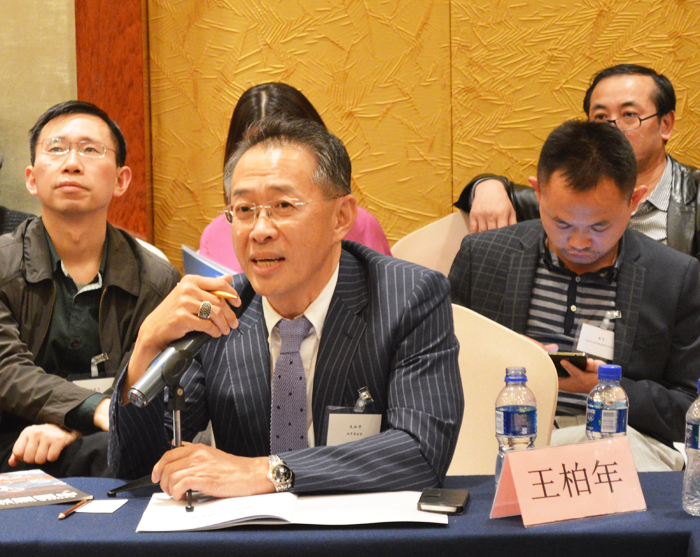
The seminar on “Think Tanks and China’s Development” ended with a speech by Dr. Wang Huiyao, the President of CCG, Vice President of Western Returned Scholars Association, and Senior Research Fellow at Harvard University. Dr. Wang said that the seminar is highly significant, as think tanks have continuously attracted considerable concerns from the Chinese public and government. Key issues like the establishment and development of top think tanks, cooperation and exchange between think tanks, promoting the global profile and importance of Chinese think tanks, funding for them from the public and business community, all need to be addressed. The combined efforts of official organizations, universities, and public think tank representatives, Dr. Wang argued, will positively impact the development of China and Chinese think tanks and significantly accelerate the cooperation between China and foreign countries.
Over 60 guests from relevant research institutes, think tank representatives, government authorities, and enterprises participated in the seminar.
LocationBeijing
